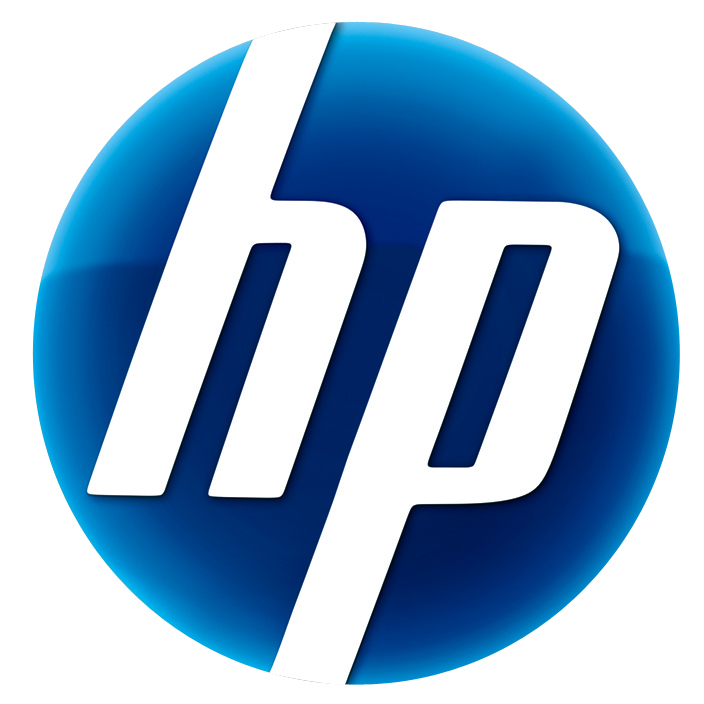HP faces $1 billion lawsuit over Autonomy deal


Hewlett-Packard is facing shareholders in the courtroom who believe the $11bn takeover of British software firm Autonomy was "overvalued."
According to The Guardian, the U.S. computer maker's chief executive, Meg Whitman, predecessor Leo Apotheker, former chairman Ray Lane and Autonomy founder Mike Lynch are among eight defendants in the class action suit, brought forward by shareholders and filed in California's San Francisco district court.
The defendants are accused of ignoring evidence from whistleblowers and hiding a number of concerns over the deal, which resulted in a lack of "cursory due diligence on a polluted and vastly overvalued asset."
According to the accusers, HP's board employed a number of methods -- including "devices, schemes and artifices" -- to placate shareholders into buying stock. Hewlett-Packard admitted last year that Autonomy had "serious accounting improprieties, disclosure failures and outright misrepresentations" when the firm was purchased, and this resulted in a charge of $8.8 billion in its software unit on the $11.1 billion acquisition in Q4 2012.
Former CEO Leo Apotheker finalized the deal, which was part of the executive's plan to make HP more software-based. When Whitman took over, she inherited the acquisition.
Court documents seen by the publication say that the computer maker's board of directors were too busy battling in-firm politics to properly supervise the acquisition. The shareholders claim that Apotheker was encouraged by "self-interested auditors, Wall Street bankers and other investment advisers who facilitated HP's severely reckless pursuit of Autonomy in exchange for nearly $100m in fees," and Lynch allegedly exaggerated Autonomy's performance in order to cash out on the company.
HP tried to pull out of the deal when it realized the truth by which time Whitman was CEO, and shareholders were left unaware, the documents claim. This proved to be a failure, and so HP tried to deal with the acquisition debacle as quietly as possible instead. However, the computer company was forced into disclosure in 2012 when a senior Autonomy executive blew the whistle on accounting issues -- not to mention three others who came forward before the deal was completed -- and so shareholders are willing to take the alleged lack of diligence and the protection of investing interests.
HP said in a statement:
"As we have continually said, HP relied on the audited financial statements and the representations of Autonomy's management and its auditors regarding Autonomy's business and revenue. Those facts and figures appear to have been wilfully manipulated by certain Autonomy employees prior to the company's acquisition, to mislead investors and potential buyers."
The suit, filed last week, is led by the Dutch pension fund PGGM Vermogensbeheer on behalf of all investors who bought shares between 19 August 2011 and 20 November 2012.